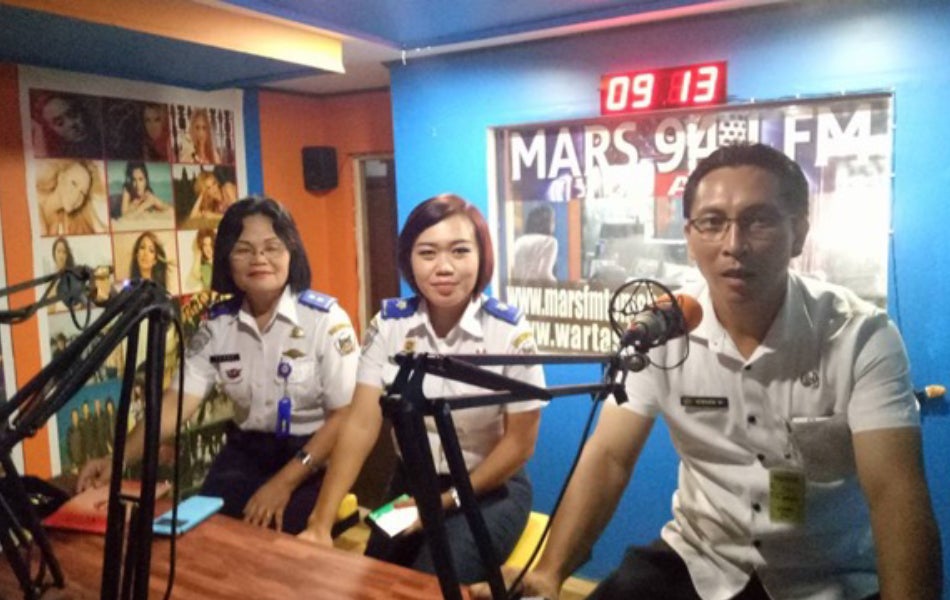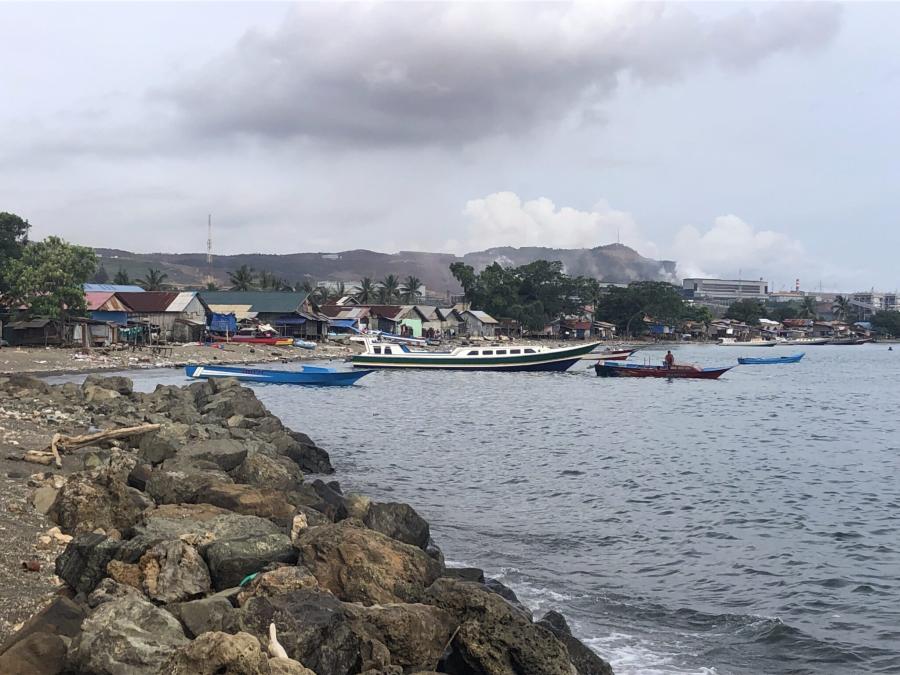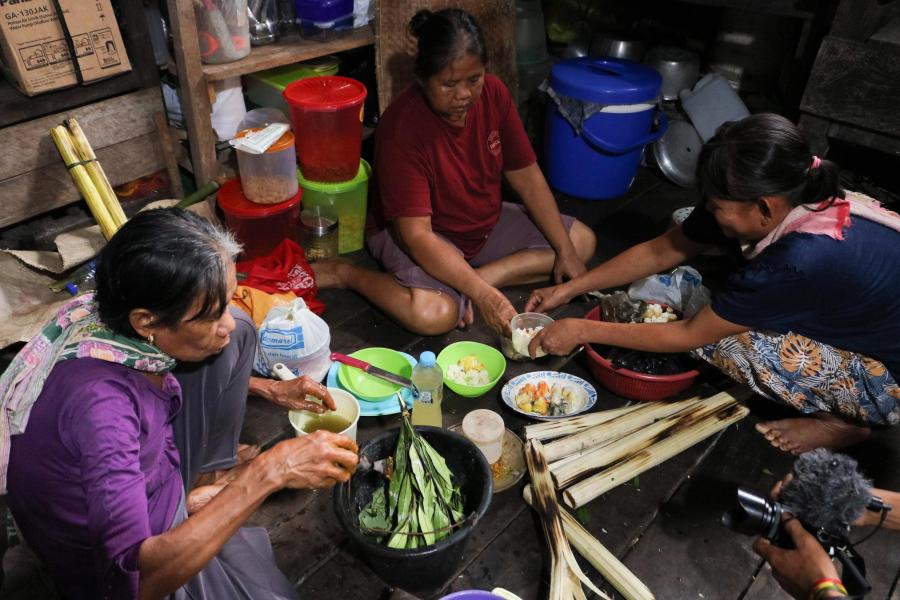
By Rikson, 94.1FM Mars FM
A groundbreaking community radio project, "Sumirita In Tana Minaesa Tarekan," has concluded its year-long mission to amplify the voices of Indigenous communities grappling with the environmental and social consequences of mining in the Minahasa region of North Sulawesi, Indonesia. Broadcasting from 94.1FM Mars FM, the project, supported by the Indigenous Community Media Fund, has highlighted the struggles, resilience, and hopes of the Minahasa people in the face of an industry that often threatens their traditional way of life.
The project was born out of a critical need to address the growing disconnect between the experiences of Indigenous communities directly affected by mining and the official narratives often presented by government agencies and mining corporations. Sumirita In Tana Minaesa Tarekan, which translates to "Stories from the Land of Minahasa," sought to bridge this gap by providing a platform for Indigenous people to share their stories in their languages, Tontemboan and Tonsawang.
The project documented the diverse perspectives of Indigenous youth, elders, community leaders, government officials, and scholars through in-depth interviews, on-site reports, and community dialogues. These voices painted a vivid picture of the region's complex challenges, from environmental degradation and water scarcity to social conflicts and cultural disruption.

Photo by Cultural Survival
The project captured the anxieties of Indigenous youth in the Tontemboan territory, who have witnessed the dramatic transformation of their ancestral lands due to gold mining. Their testimonies revealed concerns about deteriorating air and water quality, the displacement of wildlife, and the loss of farmland caused by the construction of the Kuwil Dam.
Similarly, in the Tonsawang territory, the project uncovered the social upheaval caused by illegal gold mining. Indigenous youth spoke of increased violence and conflict within their communities, fueled by the influx of migrant workers. The devastating impact of a mercury spill in Pasan Ponosakan, which left a once-vibrant water body completely dry, was a stark reminder of the environmental risks associated with unregulated mining practices.
While government officials maintained that mining corporations were operating with the necessary Environmental Impact Assessment (EIA) licenses, the project revealed a stark contrast between official assurances and the realities on the ground. Community members reported that mining companies often cut corners, neglecting environmental safeguards and leaving communities to bear the brunt of the consequences.
The project also highlighted the crucial role of Indigenous women in environmental stewardship and community leadership. By actively involving women in interviews and broadcasting activities, "Sumirita In Tana Minaesa Tarekan" emphasized the importance of gender equality in addressing the challenges posed by mining.
"Sumirita In Tana Minaesa Tarekan" has given voice to the voiceless and fostered a sense of community empowerment. Indigenous leaders have appreciated the platform, recognizing its potential to educate, advocate, and preserve their cultural heritage. The project has also sparked a renewed interest in traditional knowledge and practices, inspiring younger generations to connect with their roots and actively participate in shaping their future.
The project's impact extended beyond the airwaves. It facilitated the formation of valuable alliances between indigenous communities, government officials, environmental organizations, and academic institutions, laying the groundwork for future collaborations and sustainable solutions.
Despite facing misinformation and logistical hurdles, the project team remained committed to its mission, adapting its strategies and prioritizing community engagement. The team's dedication and sensitivity earned them the trust of the indigenous communities, leading to open and honest dialogue.
"Sumirita In Tana Minaesa Tarekan" has demonstrated the transformative power of community media in empowering marginalized voices and promoting environmental justice. The project's legacy will continue to inspire and inform future initiatives aimed at protecting the rights and livelihoods of indigenous communities in the face of industrial development.
The project team plans to build on its success by training aspiring Indigenous broadcasters, conducting follow-up research on the long-term impacts of mining, and expanding its online presence to reach a wider audience. They also aim to continue their advocacy efforts, pushing for stricter environmental regulations and greater accountability from mining corporations.
This project has been an incredible journey. We have learned so much from the Indigenous communities and are committed to amplifying their voices and supporting their struggle for a sustainable future. Thanks to the "Sumirita in Tana Minaesa Tarekan" project, the voices of the Minahasa people, once muted by the roar of mining machinery, are now ringing out loud and clear. Their stories of resilience, resistance, and hope are powerful reminders of the importance of protecting Indigenous rights and preserving the environment for generations.
All photos by Cultural Survival



